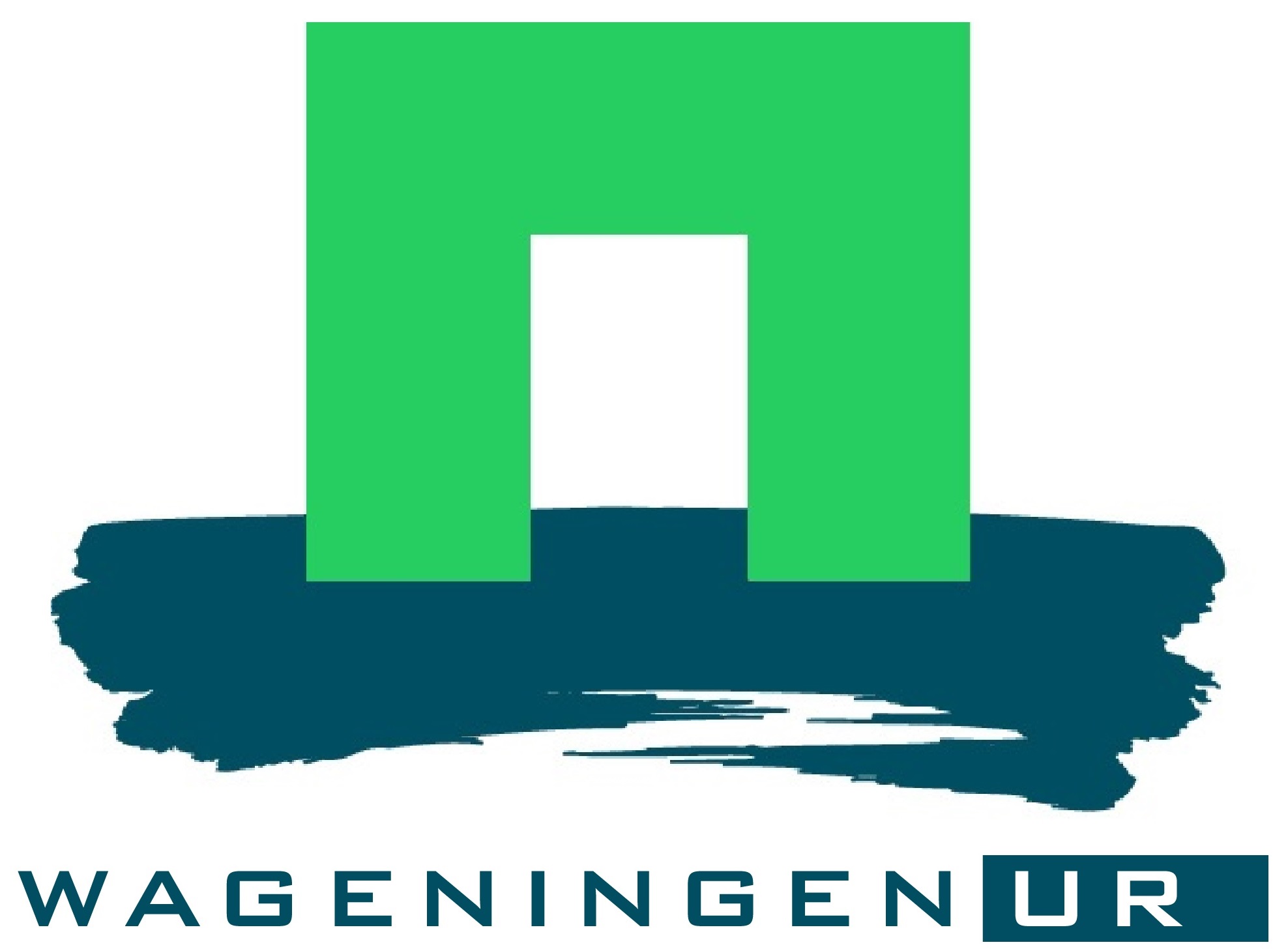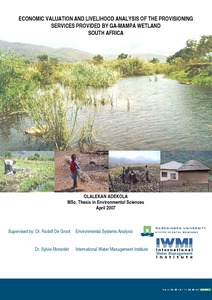Location
6700 HB Wageningen
Wageningen University & Research is a collaboration between Wageningen University and the Wageningen Research foundation.
That is the mission of Wageningen University & Research. A staff of 6,500 and 10,000 students from over 100 countries work everywhere around the world in the domain of healthy food and living environment for governments and the business community-at-large.
The strength of Wageningen University & Research lies in its ability to join the forces of specialised research institutes and the university. It also lies in the combined efforts of the various fields of natural and social sciences. This union of expertise leads to scientific breakthroughs that can quickly be put into practice and be incorporated into education. This is the Wageningen Approach.
The scientific quality of Wageningen University & Research is affirmed by the prominent position we occupy in international rankings and citation indexes.
The domain of Wageningen University & Research consists of three related core areas:
- Food and food production
- Living environment
- Health, lifestyle and livelihood
Wageningen University & Research has branches all over The Netherlands and abroad. A large number of lecturers, researchers and other employees are based at Wageningen Campus.
Members:
Resources
Displaying 166 - 170 of 210Securing water through land: Field findings on water reform and water reallocation in South Africa: Trichardtsdal Ofcolaco and Leydsdorp
Msimu wa Kupanda : Targeting resources within diverse, heterogeneous and dynamic farming systems of East Africa. Thesis (Ph.D.)
Economic valuation and livelihood analysis of the provisioning services provided by GaMampa wetland South Africa
Institutionalization of Conflict Capability in the Management of Natural Resources: Theoretical Perspectives and Empirical Experience in Indonesia
This paper explores the conflicts between badly-affected local communities and logging and mining companies and analyzes how such conflicts can be addressed effectively.
Cropping systems, land tenure and social diversity in Wenchi, Ghana: Implications for soil fertility management.
The original entry point for this study was how to optimize long-term rotation strategies for addressing the problem of soil fertility decline in Wenchi, Ghana. However, as the study progressed over time, it was realized that what we initially interpreted as soil fertility management strategies were closely intertwined with wider issues such as cropping systems, livelihood aspirations and land tenure relations.






